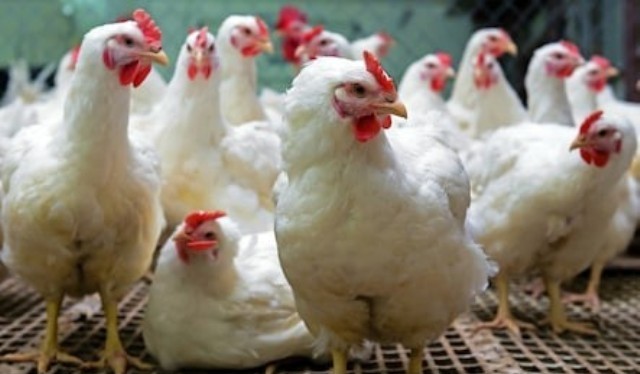The major outbreak in poultry is ‘Bird Flu’ has been now affected in India in the cities like Karnataka, Maharastra, Kerala, Rajasthan, Madhya Pradesh, Himachal Pradesh, Gujarat and Uttar Pradesh. Many birds were affected and forced to cull within a kilometer radius in all affected areas.

What is ‘Bird Flu’?
Bird flu is also called Avian influenza is an infectious disease, affects the respiratory tract of birds that may infect humans as well. The current strain is H5N1 is affecting birds like ducks which are the carriers of flu. It is suspected that the infection has spread from wildfowl to domestic poultry.
How do humans get bird flu?
Humans shall catch this bird flu by;
- cleaning/plucking infected birds
- coming in contact with droppings of infected birds
- using water contaminated with droppings of infected birds
- aerosol exposure in the live-poultry market
What are its Symptoms?
Sore throat, fever (over 100 degree Fahrenheit/38 degree Celcius), muscle pain, body chills, sweating, nasal congestion, headache, and dry cough.
Prevention and Action Plan:
In India, the Central Government has announced State Governments to follow the National Action Plan to prevent, control and Containment of Avian Influenza 2021. State Governments started culling the birds in affected areas. The World Health Organisation (WHO) says human cases of bird flu occur “occasionally” but when it happens, the mortality rate is about 60%. This is often seen with diseases caused by pathogens new or unknown to human bodies. The human-to-human transmission is “difficult”.
Stay Safe:

Avoid sources of exposure like coming in contact with any infected poultry.
The Food Regulatory Authorities has issued directives for safe consumption of poultry and eggs provided the ideal procedures to be followed during preparation and service. Those include;
- Follow ideal handwashing practices using 70% alcohol-based hand wash solution.
- Clean all equipment, surroundings thoroughly after handling raw poultry products.
- Avoid consuming poultry products.
- Wear safety gears/PPE’s before handling food in all food establishments.
- Sanitize all food contact surfaces regularly (kitchen tools, cooking and serving utensils) & disinfect non-food contact surfaces (kitchen counters, gas ranges, serving tables, floor, walls etc.)
- Care should be taken when cooking poultry at or above 70 degree Celsius so that high temperature kills the virus.
- Use a thermometer to check the core temperature of poultry when cooking.
- Cook the eggs until firm (white and yolk).
- Use treated water/potable water preferably hot.
One has to make sure that the eggs are cooked properly and meat/poultry is not partially cooked before consuming.

Yes…we should be very careful and take proper precautions…
Good information and very useful
Great Info!! Keep ’em coming!
Very nice Article
Probably the article will help people to have better understanding about bird flu and also in keeping themselves safe from it..
Very informative! Nicely written! Thanks for sharing!
Very informative!